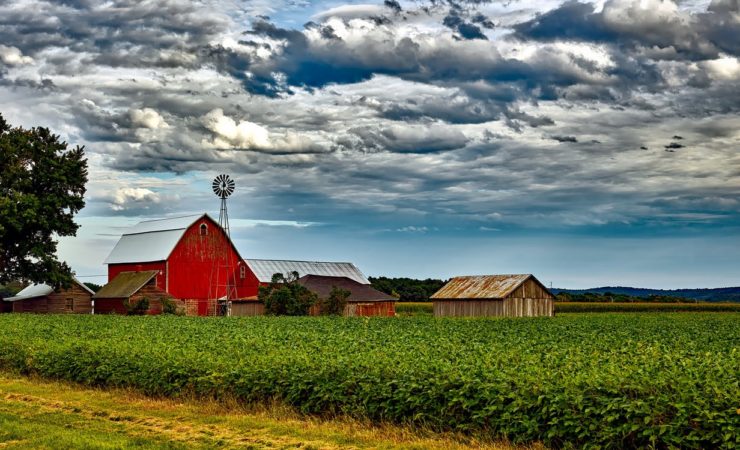Drones Are the New Tool For Farmers
 When it comes to technological drone advancement, farming isn’t the first industry that comes to most people’s minds. However, this mentality is changing real fast. For instance, the Agricultural giant John Deere just acquired Blue River Technology at $305 million.
When it comes to technological drone advancement, farming isn’t the first industry that comes to most people’s minds. However, this mentality is changing real fast. For instance, the Agricultural giant John Deere just acquired Blue River Technology at $305 million.
Blue River Technology is a relatively new robotics company that develops robots capable of identifying weeds and using high-precision sprays to dose them with herbicides. John Deere has been around for nearly two centuries, but the company has strongly felt the need to embrace the changing technological tools and trends.
The high-precision smart spray technology works pretty much the same as other conventional spraying methods, but they are advanced; they come equipped with artificial intelligence, computer vision, automated sprayers and cameras that are able to tell the difference between plants and weeds. The best part is that these new robots work together with traditional tractors, which explains why it was easy for John Deere to adopt the technology. It also means that the new smart machines aren’t on a mission to make tractors obsolete.
While this is not exactly the first and most advanced technology in the agricultural industry, it’s good to mention that this is the very first move towards this unique direction. Most people assume that farmers do not use technology, but research has revealed that farmers are actually on the forefront of adopting new technology. Many farmers are betting on technological innovations to boost their output and profits.
Perhaps the most interesting application of technology in agriculture is the use of drones to collect data and monitor fields. Harper Adams University in the U.K recently set up a Hands-Free Hectare project where they were able to successfully plant, tend and harvest 2.47 acres of barley using only drones and autonomous vehicles.
The project essentially combined the brain power of a drone and industrious design of autonomous vehicles to perform various tasks. It’s amazing to imagine that you can grow an entire crop from land preparation to harvesting without ever stepping foot in the field. Indeed this project was able to prove that this is now possible.
Aside from improving efficiency, these breeds of new tools will definitely have a positive impact on our environment. Precision spraying technology can significantly reduce the use of pesticides, herbicides and other agricultural chemicals. The sprayers pass over the field and apply only a small amount of herbicide to a specific spot thereby reducing chemical application as well as soil compaction.
Drones have been widely used in many areas of agriculture to provide new insights by collecting data. As you can see, the application of drones in agriculture is not limited to spray application. They have been used widely to provide detailed aerial maps of farming fields to enable farmers to implement data-driven actions.
Combination of robotics and drone technology to automate and enhance agricultural operations is on the rise. Operations such as farm surveys, precision spraying, mapping, remote sensing, multi-spectral measurement, irrigation, nutrient management, pesticides and fertilizer management are all now done easily, efficiently and at low-cost thanks to the drone technology.
|